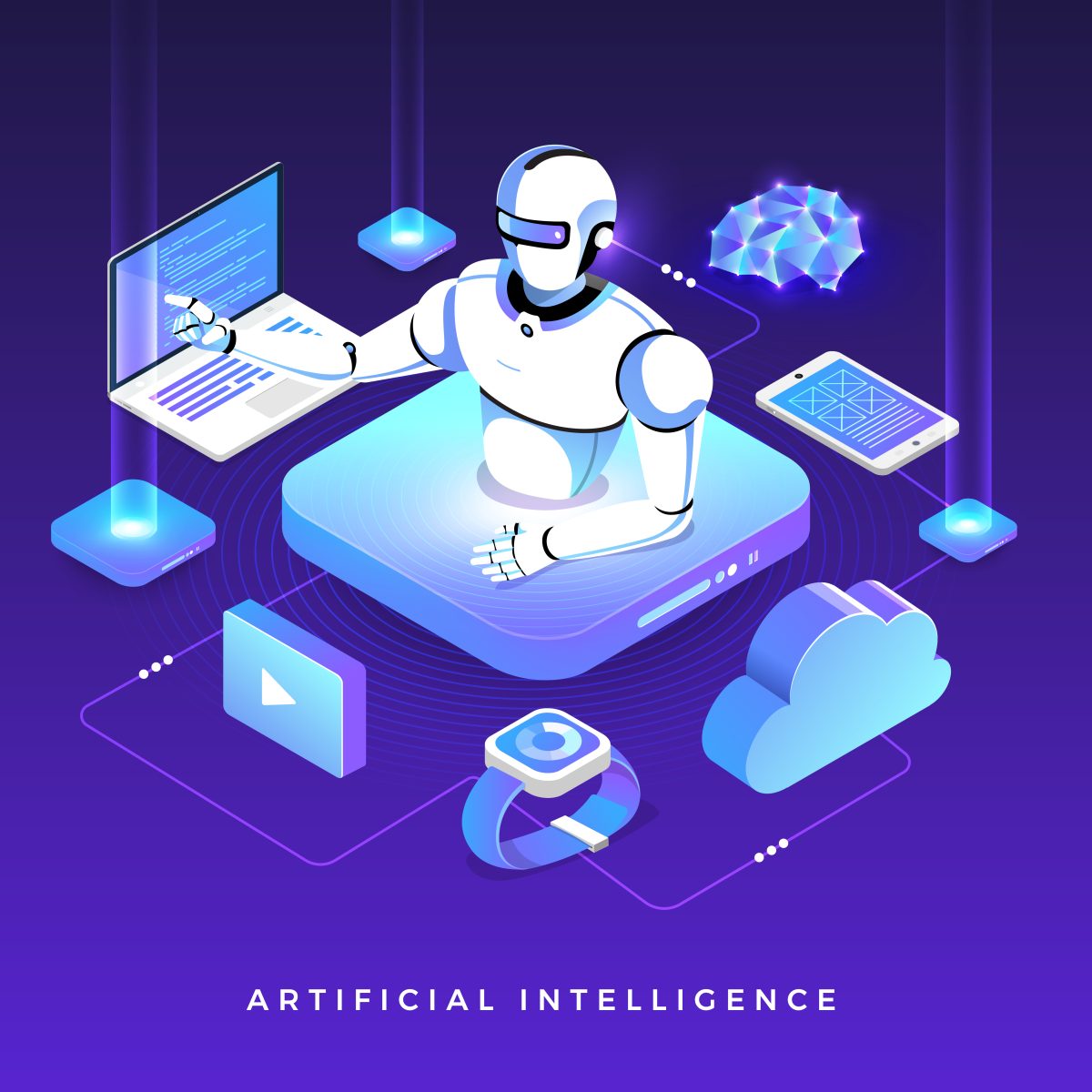Artificial Intelligence (AI) has transitioned from a niche technology into a fundamental force driving digital transformation across industries in recent years. However, adopting AI has traditionally been a complex and resource-intensive task. This is where “AI as a Service” (AIaaS) comes into play, allowing businesses of all sizes to leverage AI technologies without requiring deep expertise or substantial investment in infrastructure. In this blog, we’ll explore the concept of AI as a Service, its benefits, and challenges, and how solutions like Stratpilot pave the way for businesses to harness AI’s potential.
By – Vamsi Bumireddy (CTO)
What is AI as a Service?
AI as a Service refers to delivering artificial intelligence capabilities through cloud-based platforms. These services enable businesses to access powerful AI tools, including machine learning (ML), natural language processing (NLP), computer vision, predictive analytics, and more, on a subscription basis. Instead of building and maintaining their own AI models and infrastructure, companies can now tap into pre-built AI systems offered by third-party vendors.
With AIaaS, businesses can integrate advanced AI functionalities into their products and services quickly, cost-effectively, and with minimal effort. These services are designed to be accessible to businesses of all sizes, including those with limited resources or technical expertise in AI.
The Benefits of AI as a Service
-
Cost-Effectiveness
Traditional AI implementation requires significant investments in hardware, software, and specialized talent. AIaaS, being cloud-based, eliminates the need for heavy upfront costs and ongoing maintenance expenses. Companies can access AI technologies on a pay-as-you-go or subscription model, making it easier to scale based on demand.
-
Quick Implementation
Time is of the essence in today’s fast-paced business world. AIaaS providers typically offer pre-trained models and tools that can be easily integrated into existing systems, enabling businesses to deploy AI solutions in a matter of weeks or even days.
-
Access to Cutting-Edge Technology
AI is a rapidly evolving field, and keeping up with the latest advancements can be a daunting task. By using AIaaS, businesses can access state-of-the-art technologies and features without having to constantly update their internal systems.
-
Scalability and Flexibility
AIaaS offers the flexibility to scale AI applications according to business needs. Whether a company needs to process a small dataset or analyze vast amounts of data, AIaaS providers can quickly adjust resources to meet these demands.
-
Focus on Core Competencies
By outsourcing AI to external experts, businesses can focus on what they do best while leaving the complexities of AI development and maintenance to those with the expertise to manage it.
Challenges of AI as a Service
While AI as a Service offers numerous advantages, it’s not without challenges. Businesses need to carefully consider the following:
Data Privacy and Security
AIaaS requires businesses to share sensitive data with third-party providers. Ensuring that these providers have robust security measures in place to protect this data is crucial.
Customization
Pre-built AI models may not always fit perfectly with a business’s unique needs or processes. Customization may be necessary, which could add to the time and cost.
Dependence on Vendors
Relying on a third-party service means businesses are at the mercy of the vendor’s uptime, pricing changes, and updates. Vendor lock-in is also a concern, especially if it becomes difficult to migrate away from the service.
AI Literacy
Even though AIaaS is designed to be user-friendly, businesses still need to understand the basics of AI to make the most of it. Training and support from the service provider are essential for maximizing the potential of these tools.
How Stratpilot Helps with AI as a Service
Stratpilot is a cutting-edge AI as a Service provider that helps businesses leverage the full potential of artificial intelligence without the complexities of building in-house solutions. Stratpilot provides a suite of AI tools tailored for various industries, offering features like predictive analytics. It’s understood that every business is unique and thus provides custom AI solutions that align with a company’s specific goals and challenges.
Sign up today! and transform your professional life!
Conclusion
AI as a Service is transforming the way businesses integrate and deploy artificial intelligence. It provides a cost-effective, scalable, and accessible approach to leveraging AI technologies, making them available to businesses of all sizes and industries. While there are challenges to consider, especially regarding data security and customization, the benefits of AIaaS far outweigh the drawbacks.
Stratpilot stands as a leader in this space, offering businesses tailored, scalable, and secure AI solutions designed to drive innovation and efficiency. By enabling companies to focus on their core business while unlocking the potential of AI, Stratpilot helps organizations stay competitive in an increasingly digital and data-driven world.
Frequently Asked Questions (FAQs)
-
What is AI as a Service (AIaaS)?
AIaaS refers to the provision of AI tools and technologies via cloud-based platforms. It allows businesses to access AI capabilities such as machine learning, natural language processing, and predictive analytics without the need for in-house expertise or infrastructure.
-
How does AI as a Service help businesses?
AIaaS helps businesses by providing access to cutting-edge AI tools without large upfront costs or the need for specialized talent. It also allows for scalability, quick deployment, and improved decision-making through advanced analytics.
-
What are the main challenges of AI as a Service?
Challenges include data privacy concerns, potential difficulties with customization, vendor dependence, and the need for some level of AI literacy within the organization.
-
How can Stratpilot assist with AI as a Service?
Stratpilot offers custom AI solutions tailored to business needs, seamless integration with existing systems, scalability, comprehensive support, and robust data security. This makes it easier for businesses to adopt AI technologies and drive innovation effectively.






